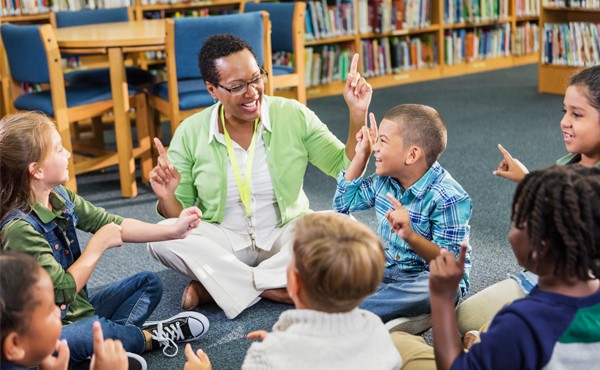When putting together lesson plans for the upcoming school year, it can be tempting to dive into reading and math curriculum from day one. There’s always so much to get through, and time seems in short supply.
However, it’s worth making time for fun student back-to-school activities in your elementary classroom. If students can connect with their peers early in the school year, those positive relationships can make a world of difference throughout the year.
As an educator, you can use these 50 first day of school games, activities, and printables for elementary students to help your class get to know each other and find things they have in common.
50 First Day of School Activities for Elementary Students
Getting to Know You Back-to-School Activities
1. “Dicebreakers”: All you need to play this first day of school icebreaker is a few sets of dice and plenty of willing students! Students roll the dice to answer a variety of getting to know you questions.
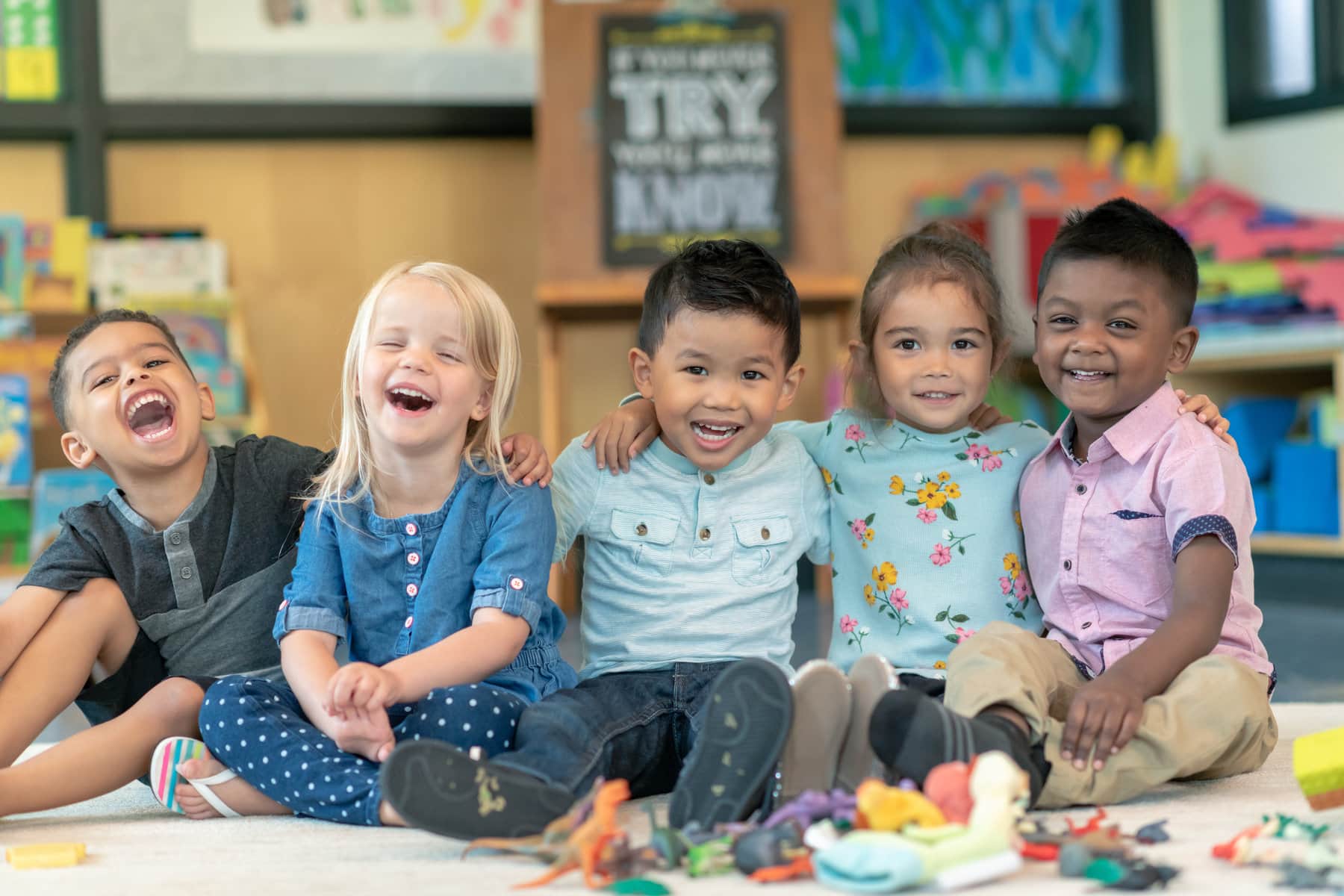
2. Autograph Scavenger Hunt: This activity encourages students to connect with as many peers as possible on the first day. Tell students to locate a different person for each box, if possible.
3. Beach Ball Game: If you’re looking for a getting to know you activity on the first day of school that gets students moving, try this one! Write a question on each side of the beach ball in permanent marker and have fun tossing it around while learning all about your students.
4. Get-to-Know-You Jenga: Even board games can be icebreakers if you make a few tweaks. As students build the Jenga tower, they’ll ask and answer fun questions that are all about them.
5. Inside-Outside Game: This game (number five on the linked list) encourages students to share what makes them unique as well as what qualities or experiences they have in common.
6. Classroom Scavenger Hunt: Familiarize students with their new classroom with this fun scavenger hunt activity.
7. Get to Know the Teacher: Introduce yourself to your students and share a fun fact to help them feel comfortable in your classroom with this activity (#4 on this list).
8. Me Commercial: Need an “all about me” activity for older elementary students? The 10th activity on this list has you pair your students to create commercial-type skits so they can all get to know each other.
9. This or That?: If you need a simple icebreaker activity, try playing “This or That?” with your class. Students get to weigh in on questions like “Batman or Spider-Man?” and “Cats or dogs?”
10. Back-to-School Bingo: For a first day of school activity that gets students moving, try this getting to know you twist on bingo!
11. Meet Your Match Game: In this classroom team building activity, you’ll hand each child a puzzle piece and help them find the classmate with a match–showing them how they are more alike than they might think.
12. “I Like It” Tag: Turn this classic P.E. game into a get to know you activity by using it to unite students with similar likes.
13. Find Someone Who…: In this get to know you game, students learn fun facts about their new classmates and find things they have in common.
14. Get-to-Know-You Snowball Fight: You don’t have to wait until winter to have a snowball fight! Have fun making paper snowballs with your class, then use them for a unique icebreaker (pun intended!) game.
15. Chit Chat Cards: It can be tough for new elementary students to think up conversation starters. Help your new students connect faster by putting together some “chit chat cards.” (See number three on this list.)
Back-to-School Activities for Teaching Mindset, Team-Building and Social Skills
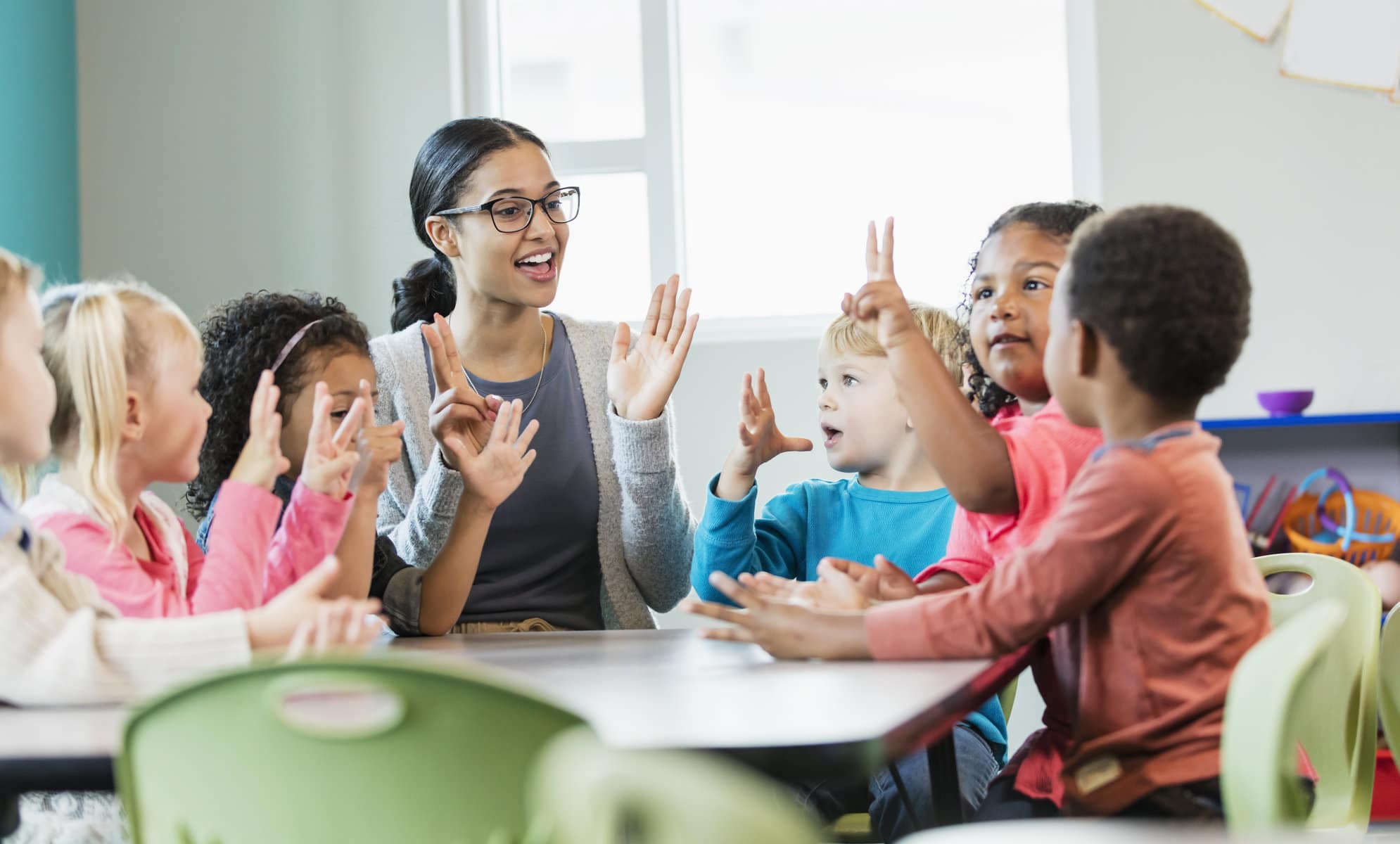
16. Student Pairs: What’s Your Name?: This activity (#1 on this list) can help students say “Hello” and learn each other’s names.
17. Class Helpers: Act out or read aloud this script with your new students to teach them about sharing and being nice to others in class.
18. What Makes a Good Friend?: Use these pictures as a back-to-school activity about the attributes of a good friend and how students can make new friends this school year.
19. Color My Feelings Art: This art project is a great social-emotional learning activity to do during the first few days of school.
20. A Fan of Validation: Everybody likes to know that they are wanted and belong in class. Use this activity to show students how compliments can lift a person up.
21. Think–Pair–Share: Even early elementary students can learn how to use critical thinking skills with this class discussion activity. Scroll down a bit at the link to see more about this activity.
22. Emotion Cards: Share these emotion cards during the first days of school to help your new students recognize and share their feelings with you and their classmates.
23. Stringing Conversations Together Game: Activities that teach social skills can be especially helpful for early elementary students. This game encourages students to practice making conversation with new people.
24. Paper Chain Challenge: This fun team-building activity requires your students to work together in teams to build the longest paper chain.
25. Social Skills Read Alouds: If you want to teach social skills the first day of school onward, try reading one of these books as a class.
26. Random Acts of Kindness Ideas: This craft encourages students to treat their new classmates with kindness and give them suggestions on where to start.
27. What Does a Good Friend Do?: What does it mean to be a true friend? Brainstorm qualities of a good friend with your students, then create a poster together to hang up on the wall as a daily reminder.
28. Helpful Words: Teach students how to have a growth mindset as they encounter new challenges during the school year with this worksheet.
29. Birthday Line Up: In this elementary team building activity (#13 on this list), students can practice communicating with each other to complete a task.
30. Wrinkled Heart Empathy Craft: Empathy is an important skill to teach your students for building a caring classroom environment. Use this back-to-school activity to explain the importance of compassion to your students and help prevent bullying.
31. I Wish My Teacher Knew: Students can share things about themselves that they want you to know at the beginning of the school year with this activity.
Back-to-School Reading and Math Activities
32. Back-to-School Picture Books: Get students excited about a new year and help them feel less nervous by reading aloud one of these back-to-school-themed books.
33. Math About Me: Finding engaging ways to teach students math can make a big difference during the first days of school. Use this activity to let students introduce themselves while learning about numbers.
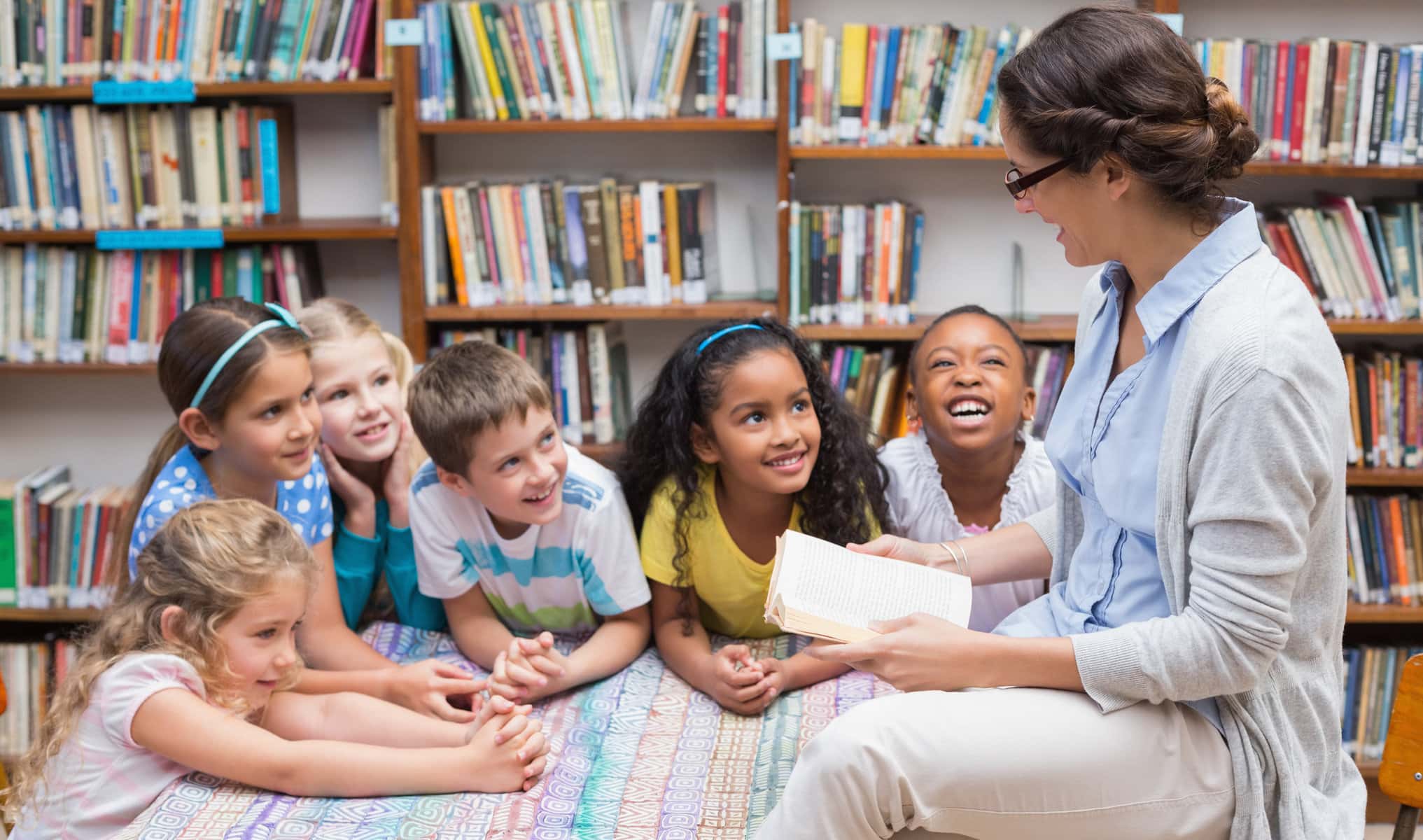
34. “I Am” Poems: Your students could be poets and not even know it! Make these visual poems together, then hang them up in your classroom.
35. Goal Setting: With this first day of school worksheet as their guide, students can set new goals for the upcoming year while practicing writing skills.
36. Back-to-School Resolutions: Have your elementary students write down a few resolutions for the school year, then take turns sharing them with the class.
37. Alphabet Relay Race: Teach new skills while having fun! In this game, students work in teams to put together the alphabet.
38. Can You Guess? A Story in Two Voices: Pair your students into groups of two and have them read aloud this guessing game picture book as a fun back-to-school reading activity.
39. STEM Marshmallow Challenge: For a back-to-school game that also teaches math and science skills, try this group challenge in which students build different shapes from toothpicks and marshmallows.
40. Early Chapter Book: A Place for Shad: For a classroom read-aloud during the first week of school, share this story about a boy named Shad who makes friends after moving to a new neighborhood.
41. Beginning of Year Activity: Students can practice their writing skills while sharing what they are excited, nervous, and wondering about in the upcoming year with this worksheet.
Back-to-School Arts, Crafts, and Brain Breaks
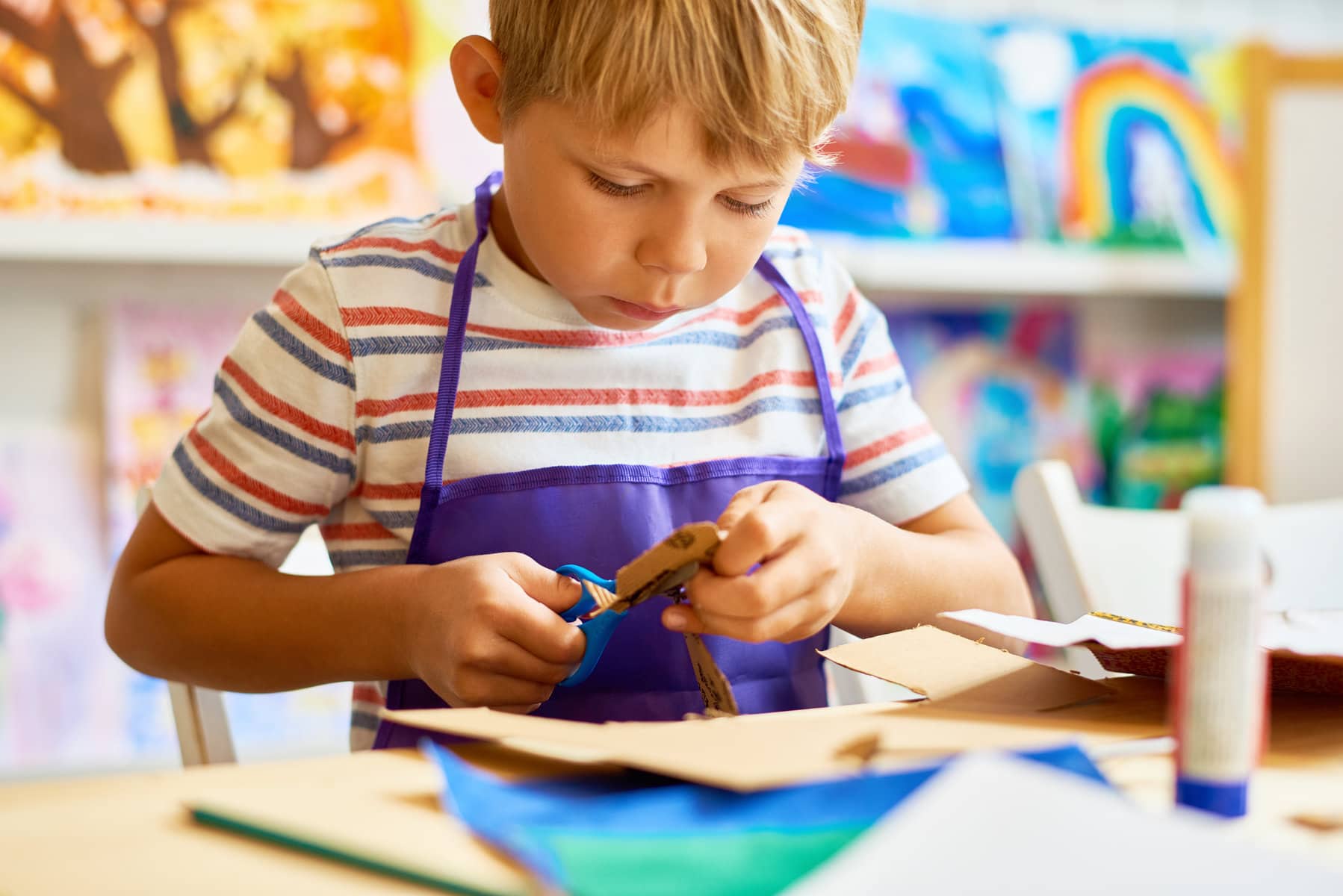 42. Nature Walk Coloring Page: This coloring page can make for a great brain break during back-to-school season.
42. Nature Walk Coloring Page: This coloring page can make for a great brain break during back-to-school season.
43. All About Me Selfies: Drawing self-portraits can help your students express themselves in class. Your students can take (or rather, make) their own selfies to show off their unique personalities.
44. Four Corners with a Twist: This fun back to school game gets students moving all over the classroom!
45. Time Capsule: A time capsule can be a fun way to measure your students’ progress over the year. Plus, your students can get to know each other by seeing what they put in the time capsule.
46. Charades Relay Race: This twist on a classic game of charades is a high energy way to help students practice working in groups while also getting their wiggles out.
47. Group Project Coloring Sheet: Share out this coloring page when your students need some quiet time to encourage an atmosphere of working together in class.
48. First Day Jitters Activity: It’s normal to be nervous on the first day of school! This activity will remind students that they’re not alone and that this school year will be one to remember.
49. Friendship Tree: Print out this mini poster and have every student stamp their thumbprint on the tree branches for a fun back-to-school art activity that makes everyone feel welcome.
50. Paper Plate Apple Bags: Students can put together these cute paper plate apple bags as a fun craft that also gives them a tote to carry around their school supplies.

